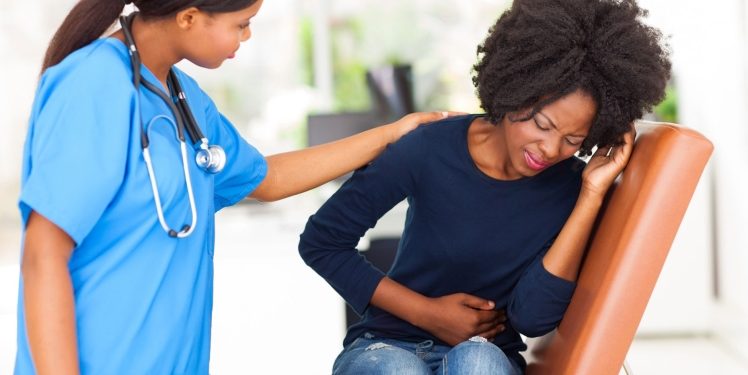Do you know that more than 75 percent of women have an increased chance of having uterine fibroids once they have reached puberty? Yes, it is true! Improper sleep cycle, poor health, junk food, and stress are common factors that contribute to the formation of uterine fibroids in the body. You must be thinking that what exactly is a fibroid? Don’t worry. Below, a detailed piece of information on uterine fibroids is given.
Uterine fibroids are noncancerous growth during the sexual development stages, i.e., from puberty to menopause. Many experts also term these growth leiomyomas or myomas. One should note that having uterine fibroids does not mean that you may have uterine cancer or are moving toward its development. It is just a noncancerous growth that can cause uterine issues if proper treatment is not given to the patients.
A fibroid can range in size. In some cases, it can be small as a seedling; in others, it can be large enough to mimic bulky masses. In some events, these growths can cause the distribution of uterine functions. So if you have any symptoms of a fibroid or just trying to find a place to get yourself checked in Miami, then Miami fibroids can be your one-stop solution.
Symptoms of Fibroids
Some women do not have any symptoms initially, but with time as the disease progresses, they may face one. Below a list of detailed signs and symptoms is given:
- Fatigue
- Constant backache
- Constipation
- Difficulty in urination
- Frequent urination
- Pain in the pelvis
- Long menstrual cycles
- Heavy menstrual flow
Fibroids can be classified depending on their locations. The growths within the muscular wall of the uterus are called intramural fibroids, whereas the submucosal fibroids bulge out of the uterine cavity. Last but not least, subserosal fibroids are present completely outside the uterine walls.
When Should I contact a doctor?
One should visit a doctor if they have extreme pain during the menstrual cycle or may have irregularities in their cycle. Some of the signs that you should not ignore and visit a doctor are as follows:
- Low blood cells in the body
- Difficulty in the urination
- Spotting or bleeding between the menstrual cycle
- Painful periods
- Extreme pelvic pain
Conclusion
Fibroids can be stressful if one is not taking proper care of themselves. So if you have long menstrual cycles, heavy pain, and irregular periods, then maybe it’s time to see a doctor. So without wasting a second, give your reproductive health a new life by visiting a specialist now!














